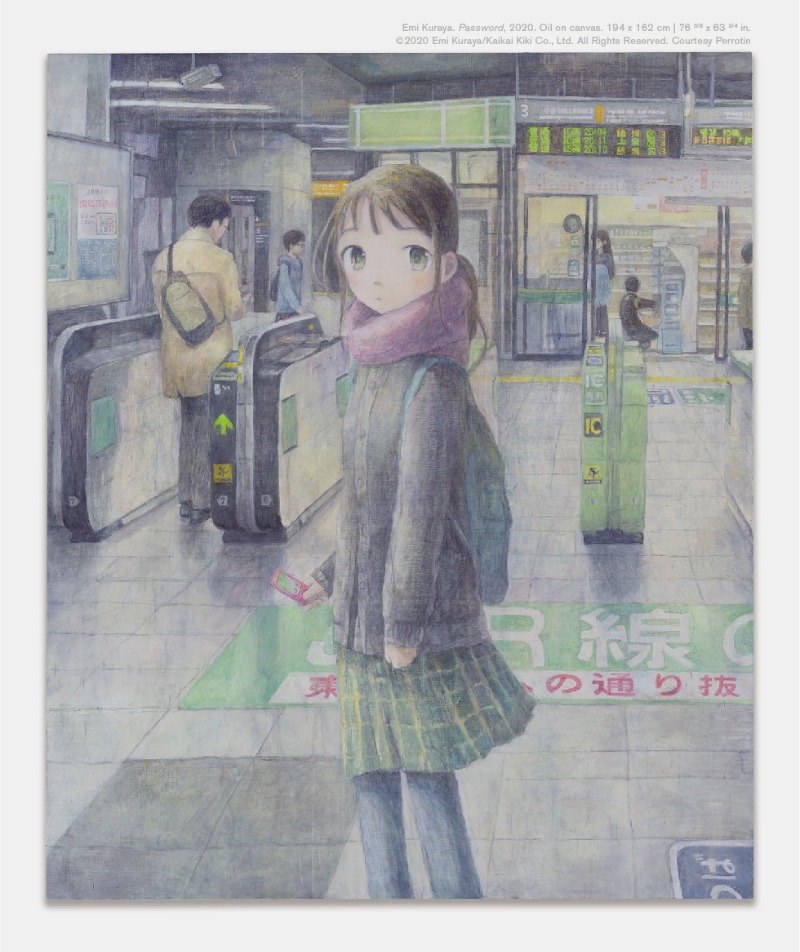
| Period| | 2021.01.20 - 2021.02.26 |
|---|---|
| Operating hours| | Mon-Fri 10:00-18:00 |
| Space| | Perrotin Samsheong/Seoul |
| Address| | 5, Palpan-gil, Jongno-gu, Seoul, Republic of Korea |
| Closed| | Sun, Mon, Public Holiday |
| Price| | Free |
| Phone| | 02-737-7978 |
| Web site| | 홈페이지 바로가기 |
| Artist| |
|
정보수정요청



|
|
Exhibition Information
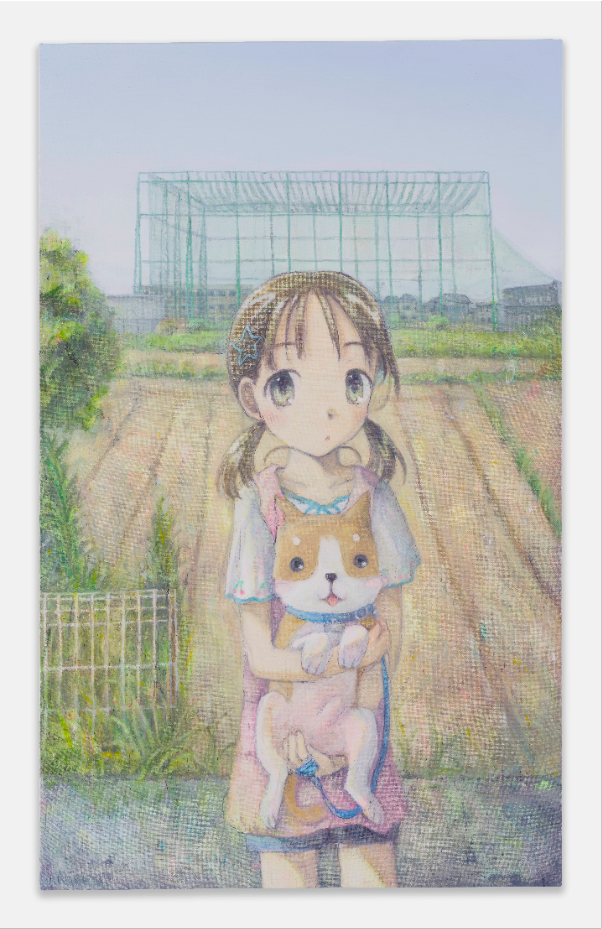
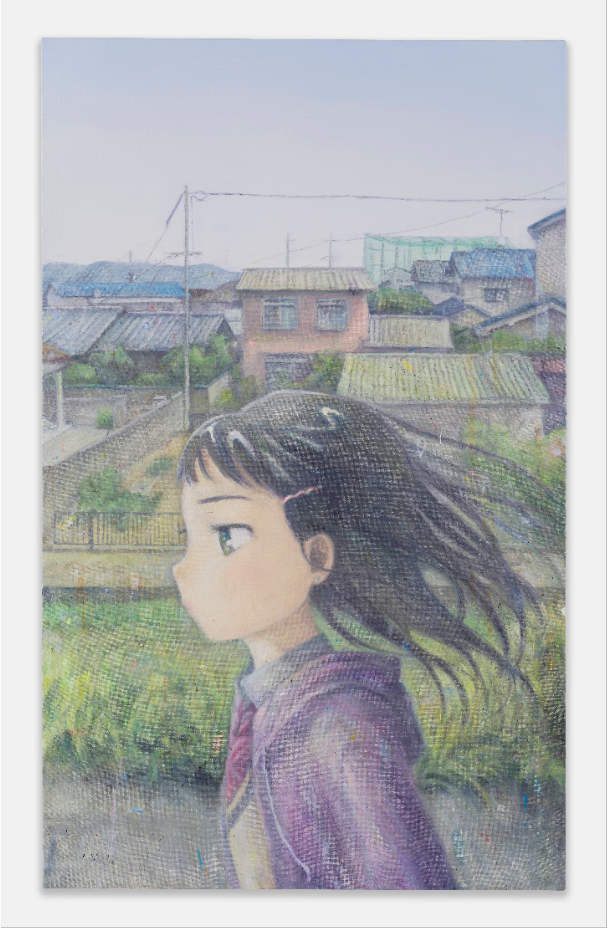
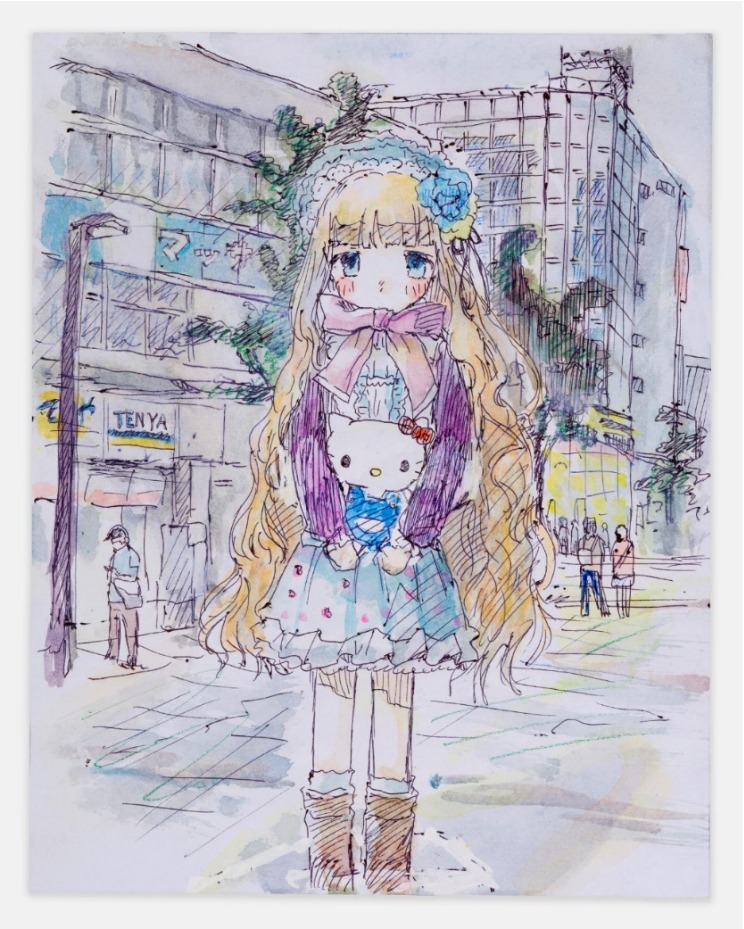
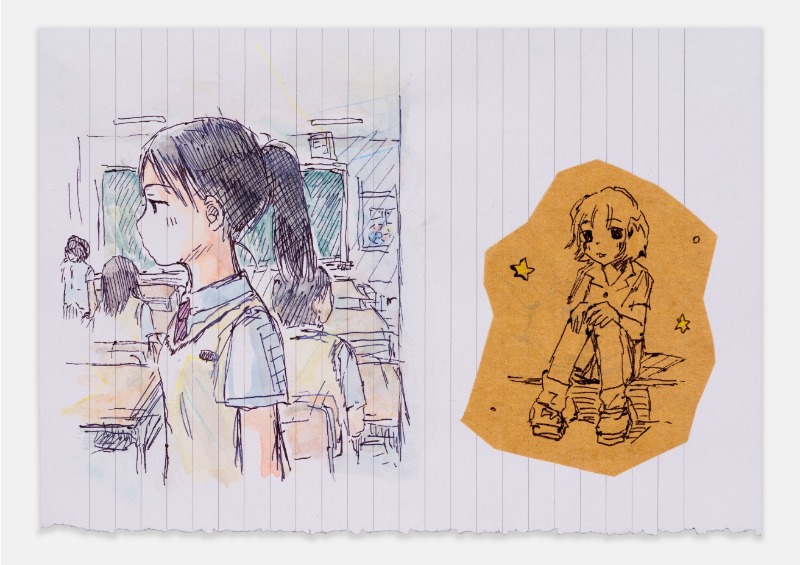
Member since 2018 of Kaikai Kiki, the art production and artists’ management group founded by Takashi Murakami in Japan, Emi Kuraya, born in 1995, is one of the most interesting and refreshing new voices in the contemporary Japanese art panorama. A graduate of Tokyo’s Tama Art University, in spite of her young age Kuraya has already had a few high-pro le solo shows, in Japan, and has been exhibited at the Hong Kong edition of Art Basel and also at Frieze New York, receiving wide acclaim for the freshness, and the deep layers of meaning that make her work so captivating. Her oil paintings of teenage female characters trans x on the canvas the gaze of the viewer, as they emanate a sense of both familiarity and unease: Kuraya’s girls, which she has described as being a kind of pictorial diary of her own daily feelings and experiences, stare back at the viewer with their enormous eyes, questioning us, their surroundings and themselves at the same time. The features of Kuraya’s girls obviously owe a lot to Japan’s manga (cartoon) tradition, with their large heads and tiny, nearly invisible mouth and wide eyes, the thin line that draws their contours and their long, ephebic limbs. The cultural impact of manga, one of the most sustained and ubiquitous popular Japanese artforms of recent decades, can never be underestimated in contemporary Japanese art, in all its unending variations. In the case of Kuraya, though, unlike in most manga drawings the often bleak backgrounds against which her female gures sit are as revelatory as the gures themselves. In many works Kuraya’s characters are positioned right in the middle of very large canvases, and the backgrounds are more than just a space- ller, o ering a much deeper glimpse into the world in which the characters move and emerge from. They are urban landscapes and locales in shades of pastel blue-grey, that Kuraya doesn’t romanticize, and occasionally more rural vistas, in shades of pastel yellow-blue. Housing estates, municipal sports facilities, karaoke parlours, railway lines, small suburban streets, underground stations, parked cars or shopping complexes form a drab background that doesn’t try to be anything else than what it is. By contrast, then, the dreamy expression of these female characters add a touch of the unexpected, bringing onto the canvas an ability to overcome one’s immediate surroundings that constitutes one of Kuraya’s work greatest charm. The girls’ expressions and demeanours are sweet and curious, hopeful, maybe a bit surprised, at times just a little cheeky, or frowning slightly, easily eliciting an a ectionate smile from the viewer. The sparse objects that they hold in their hands add to the dreamy yet insistent quality of their exterior: a little pet dog, in one painting, a train ticket in another, a small toy cat in one more. In a note written for her rst solo show at Kaikai Kiki Gallery, in August of 2019, Kuraya stated that most of the girls she has drawn were “born from dark feelings and experiences” which, however, hid a kernel of light inside them. Her paintings of them are an attempt at “touching this darkness and light” in an attempt to connect what she calls “the darkness inside of me” with the world outside. Less frequently, that light alone pops out from her purely happy drawings: like the girl with the toy taser gun, winking in the middle of splashes of colour, or the wide-eyes girl that inhales a yellow marigold’s perfume, from what seems to be an urban ower shop. While her oil paintings tend to be on the large side – some being more than 2 meters high, producing yet another unexpected contrast and leaving the viewer faced with these barely out of childhood girls that appear seemingly out of nowhere, incarnated into larger than life beings – the drawings are often small sketches, used both as an artistic statement onto themselves, and as preparatory works for larger compositions. In the drawings the backgrounds are mostly just referred to through quick lines of ink, lled in with washes of colour to add a touch of depth to the whole, exploring the line in all its possibilities. Her pencil is quick and emotionally charged, bursting forth to describe, as if following an urge, a moment in time, that could be as eeting as this big-eyes girls’ youth. Each painting, each sketch, is a moment in time that has been captured before it disappears, with all the unanswered questions that these enigmatic, gentle girls seem to carry with themselves, as they move forward into their own experiences, and into the world. Written by Ilaria Maria Sala
